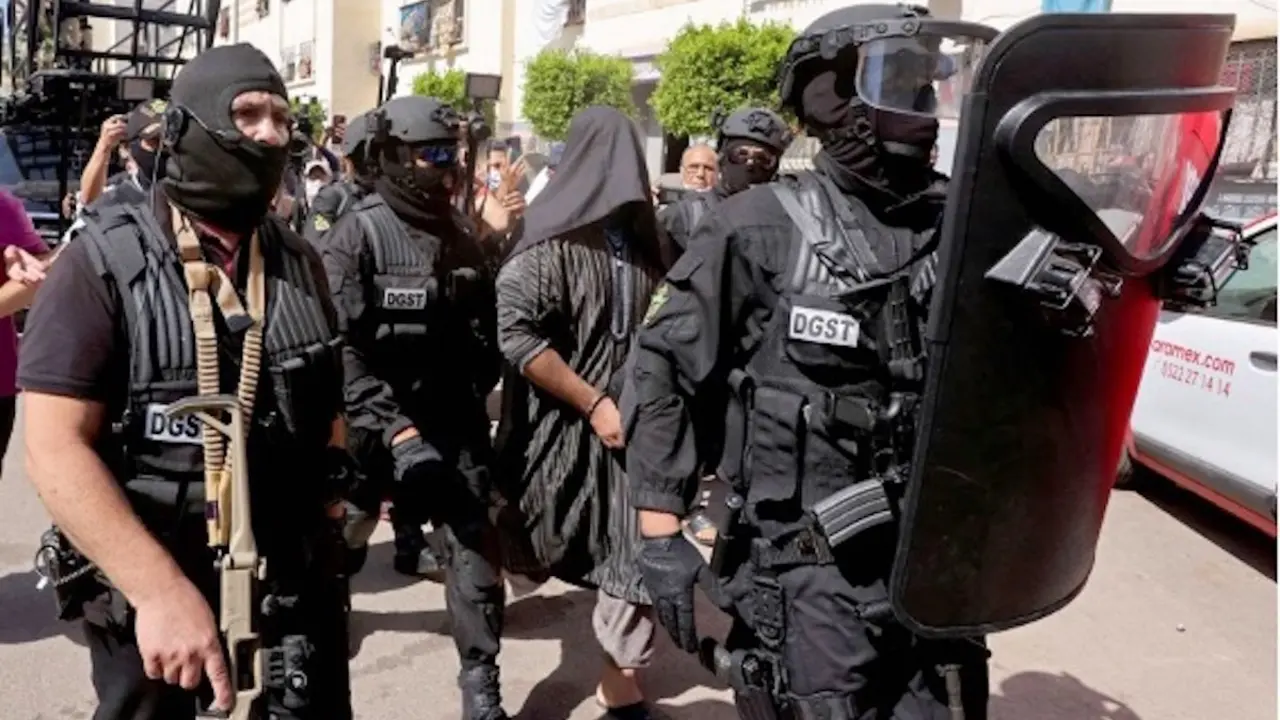Iran-Iraq rapprochement boosts Russian influence in the Middle East

The mass resignation of the more than 70 deputies of the Saadrist bloc in the Iraqi parliament - a force led by the cleric Muqtada Al-Sadr that had emerged as the majority group after the October 2021 elections - seems to have become one of the transformative triggers of the Middle East scenario.
This resignation, which took place just a few weeks ago, together with the budding roadmap between Tehran and Baghdad, as well as the ratification of Russian-Iranian ties following the visit to the Persian capital by Kremlin Foreign Minister Sergei Lavrov, have once again - according to author and financial journalist Simon Watkins for the digital media outlet Oil Price - given Russia a leading role in the region's events. To the detriment of the United States.
The departure of Al-Sadr's bloc from Iraq's parliament has left Baghdad without a clear leader on the horizon. The Shia cleric's aim was to form the first real majority government since the fall of Saddam Hussein in 2003, putting an end to any foreign influence in the territory, but stalled negotiations with the other parties - including pro-Iranian Shia forces - to appoint a president led to his resignation and that of his entire team. Already on Thursday, several dozen members of these pro-Iranian forces were sworn in in front of Baghdad's parliament, replacing the retired Saadrists.

According to Simon Watkins, the Kremlin's interests in Al-Sadr's departure are related to the control of energy production in the region. "Russia has basically controlled the oil sector in (Iraqi) Kurdistan since 2017, and sought to build on this base to extend its influence in the south of the country, and form ('de facto') an Iran-Iraq client state. If al-Sadr's plan (in cooperation with his parliamentary partners) had succeeded, it would have destroyed this," the author wrote in Oil Price.
For Iran, which is openly close to the Putin regime, this would present an opportunity to move closer to Baghdad and influence its policies. This is where Watkins sees the creation of a new cooperative roadmap between the two powers, which puts the focus - like Moscow - on the production and distribution of electricity, oil and gas. Especially Iraqi production.
This is not a new situation. Tehran has long been influencing neighbouring Baghdad through control of its electricity and gas supplies. The new roadmap proposals are now expected to include 'synergies with the agreements already discussed by (Russian Deputy Prime Minister) Alexander Novak and the Iranian authorities at the end of May, covering energy, agriculture and transport projects, and further cooperation in the financial, banking, oil, gas, petrochemical and nuclear sectors', according to Oil Price, Iraq's Deputy Oil Exploration Minister Bassem Mohammed Khazir.

This is evidence of the projection of Russian-Iranian ties on the Iraqi scene following the rapprochement between Tehran and Baghdad. Especially in the energy sector, which - as Europe's dependence on Russia in the wake of the invasion of Ukraine has already shown - is one of the most effective methods for guaranteeing a kind of power over the other powers in any region. In this case, the Middle East, where Russia will now be able to present itself with a common political and commercial strategy for the two countries.
Relations between Iran and Russia, historically positive due to their mutual rejection of US interference in the region, have materialised in numerous agreements and memoranda of understanding (MoU) over the past few years. Even before 2018, the Kremlin sought to use the oil sector to increase its presence in Persian territory, but, specifically, it was the negotiations of a 22-point MoU in 2018 that most significantly boosted Russian-Iranian energy ties.
The memorandum - agreed between Iranian Deputy Oil Minister Amir-Hossein Zamaninia and then-Russian Energy Minister and current Chief Assistant to the Presidential Administration Kirill Molodtsov - included plans for oil exploration and extraction, gas transfers, and other petrochemical swap and trading operations. But Moscow's use of Iranian ports and airports for both military and civilian purposes, a point also included in the memorandum, aroused significant international misgivings that eventually stalled the MoU. Until now.

Last week's visit by Russian Foreign Minister Sergei Lavrov to Tehran - where he met with the Iranian president and foreign minister, Sayyid Ebrahim Raisi and Hossein Amir-Abdollahain, respectively - may revitalise the 22-point memorandum. "Lavrov and Raisi (Iranian president) discussed extending cooperation to all fields, in line with the original MoU," sources close to Iran's oil ministry said after the Russian minister's first visit to the 13th Iranian administration, according to Simon Watkins.
"Among the issues under consideration is the long-term comprehensive strategic cooperation agreement between the two countries. We hope to have expert meetings soon to finalise the provisions of this pact," Amir-Abdollahian said during a joint press conference with his Russian counterpart. Something that the meeting between Raisi and Putin in January this year had already hinted at by addressing the delivery of S-400 missile defence systems and Sukhoi Su-35 fighter jets that Moscow promised to give to Iran several years ago.








